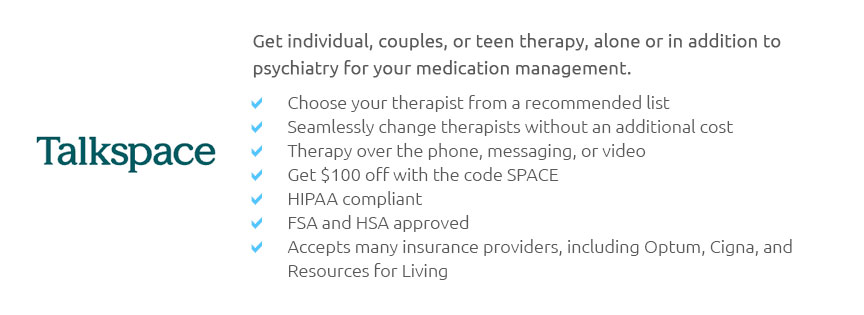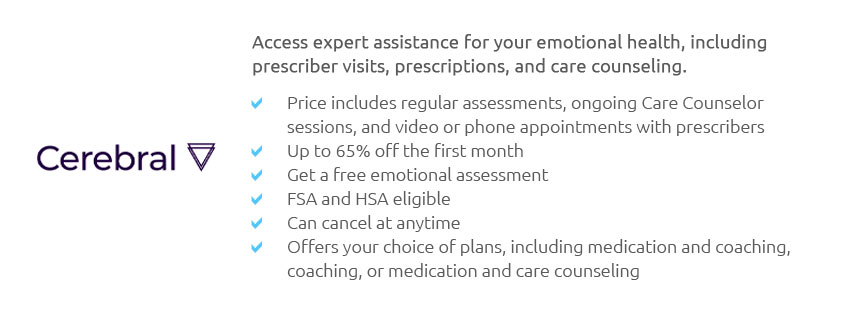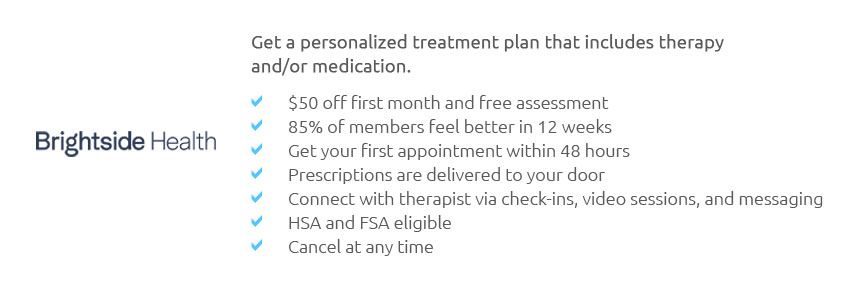 |
 |
 |
|---|
 |
 |
|---|
 |
|
|---|---|
 |
 |
 |
 |
 |
 |
 |
 |
 |
 |
 |
 |
 |
 |
 |
 |
|---|
Find a Therapist on Long Island: A Comprehensive GuideFinding a therapist on Long Island can be a daunting task, but with the right guidance, it becomes manageable. This guide will help you understand the process, what to expect, and how to make the best choice for your mental health needs. Understanding Your NeedsBefore beginning your search, it's crucial to understand your personal therapy needs. Are you looking for someone to help with anxiety, depression, or relationship issues? Knowing your specific needs will help narrow down your options. Types of Therapists Available
Researching and Choosing a TherapistOnce you understand your needs, the next step is to research potential therapists. Online directories and recommendations from friends can be helpful. Consider factors such as location, cost, and therapist specialization. Long Island offers a variety of options, so take your time to explore. If you're looking beyond Long Island, you might be interested in exploring the best therapists in Northern Virginia as a comparison. What to Expect in Your First SessionDuring your initial consultation, expect to discuss your reasons for seeking therapy, your personal history, and your goals. This session is also an opportunity to gauge your comfort level with the therapist. Cost ConsiderationsTherapy session prices can vary widely depending on the therapist's experience, location, and specialization. Some therapists may offer sliding scale fees based on your income. Understanding therapy session prices can help you budget accordingly. Insurance and Payment OptionsCheck if the therapist accepts your insurance and inquire about out-of-pocket costs. Some therapists may also offer payment plans or accept HSA/FSA funds. FAQHow do I know if a therapist is a good fit?A good fit often means feeling comfortable and understood by your therapist. It's essential to feel you can openly discuss your issues without judgment. Can I change therapists if I'm not satisfied?Yes, you can change therapists if you feel your needs aren't being met. It's crucial to prioritize your mental health and seek the best possible support. How often should I attend therapy sessions?The frequency of therapy sessions depends on your personal needs and the therapist's recommendation. Typically, sessions are weekly or bi-weekly. https://www.zocdoc.com/therapist-counselors/long-island-222698pm
Zocdoc is a free online service that helps patients find Therapists/ ... https://zencare.co/us/new-york/lake-ronkonkoma/long-island/therapists
Find quality-vetted therapists in Long Island. Watch introductory videos of providers and book a free initial call to find the right therapists for you! https://www.psychologytoday.com/us/therapists/ny/long-island-city
I enjoy helping individuals and couples enhance and strengthen their relationships. My goal is to help individuals find greater meaning and purpose in life, and ...
|
|---|